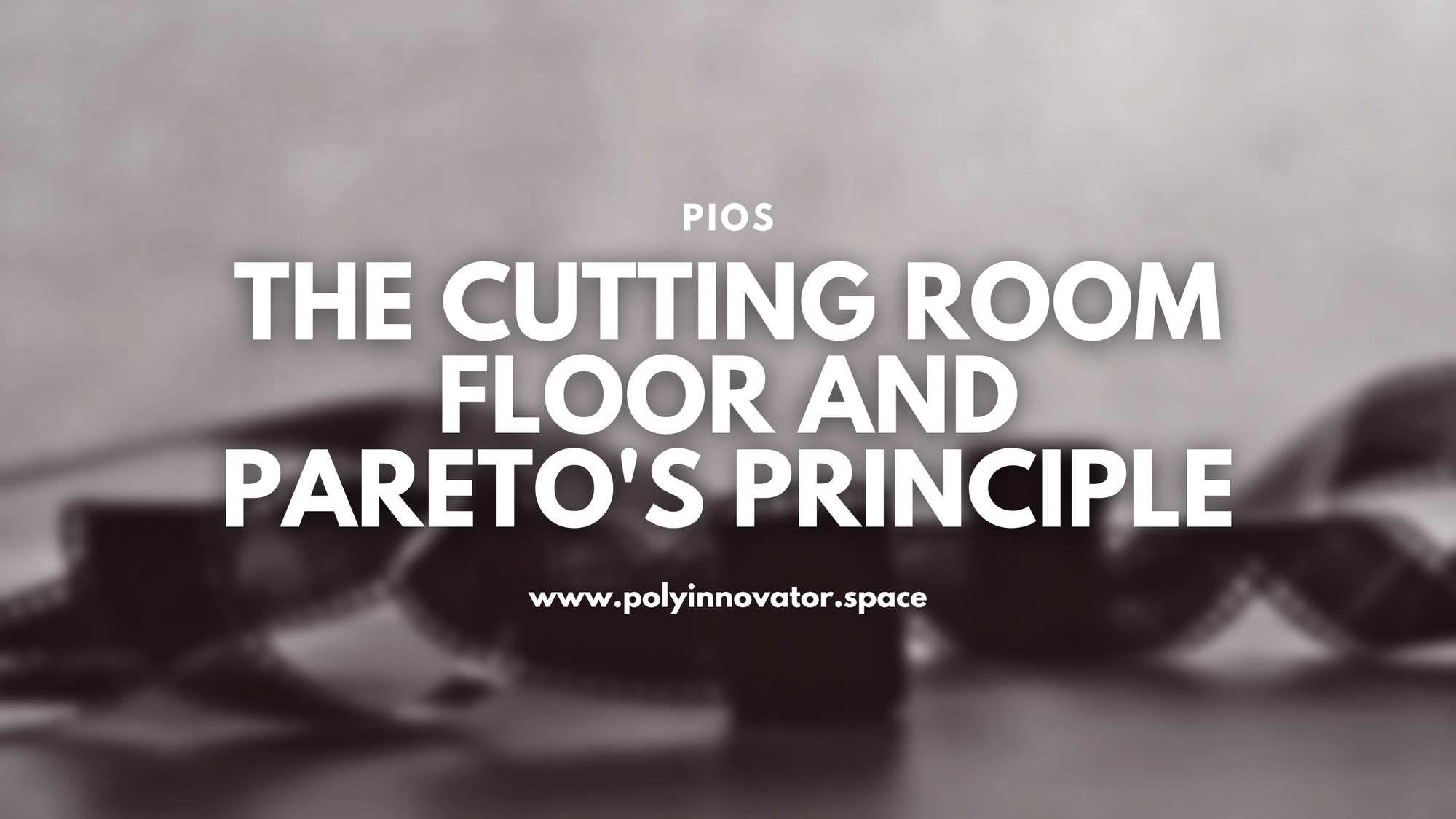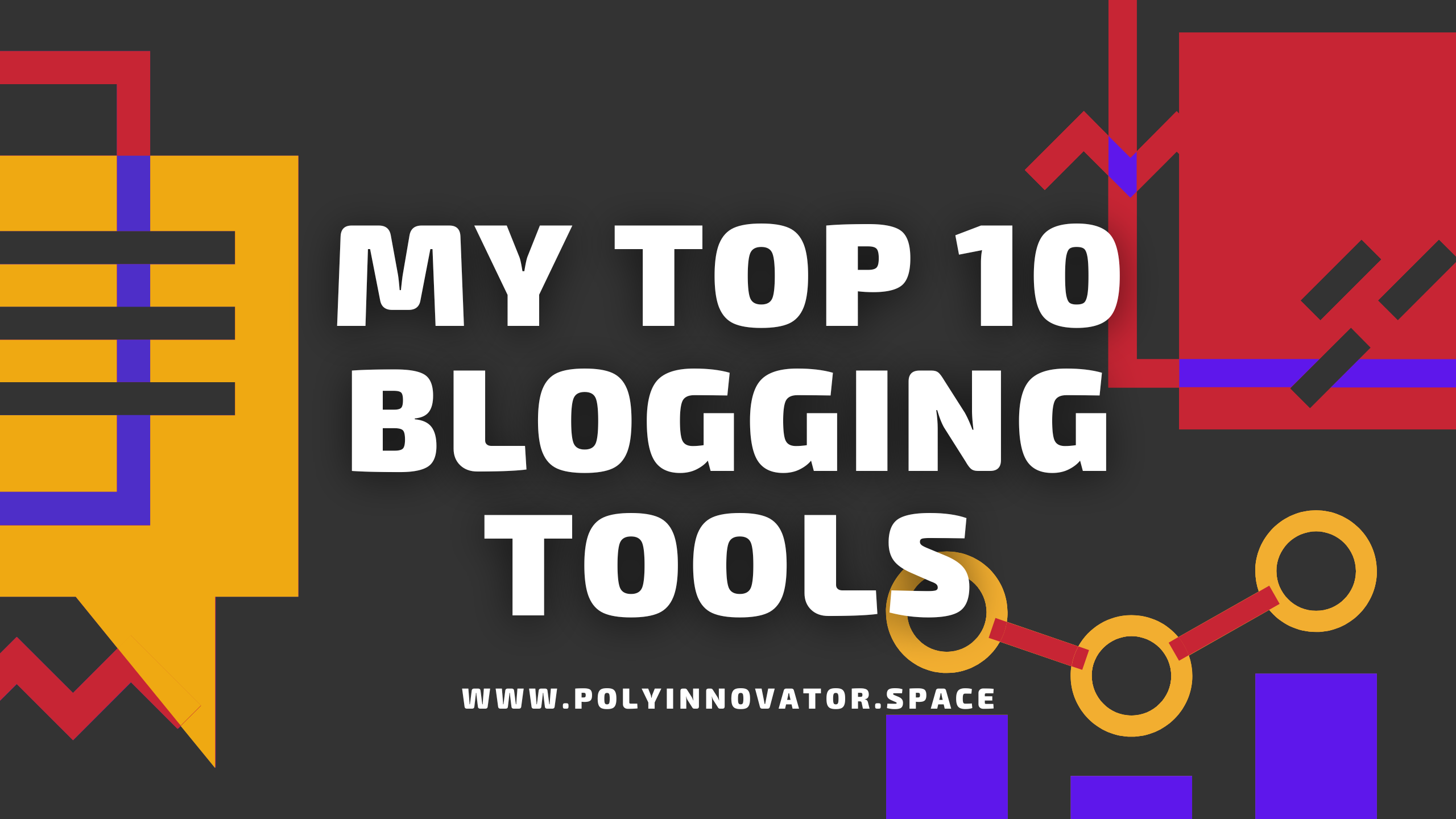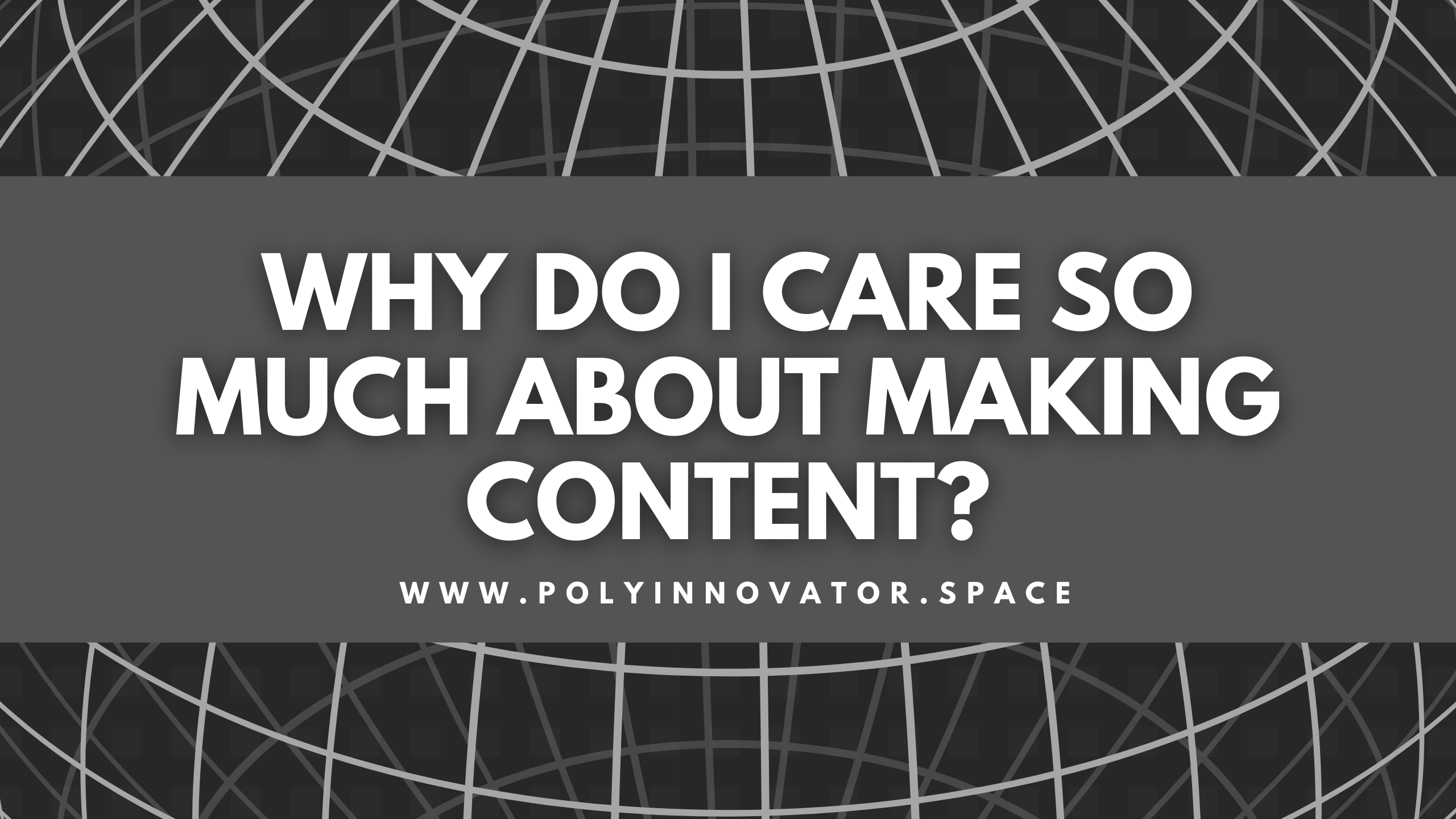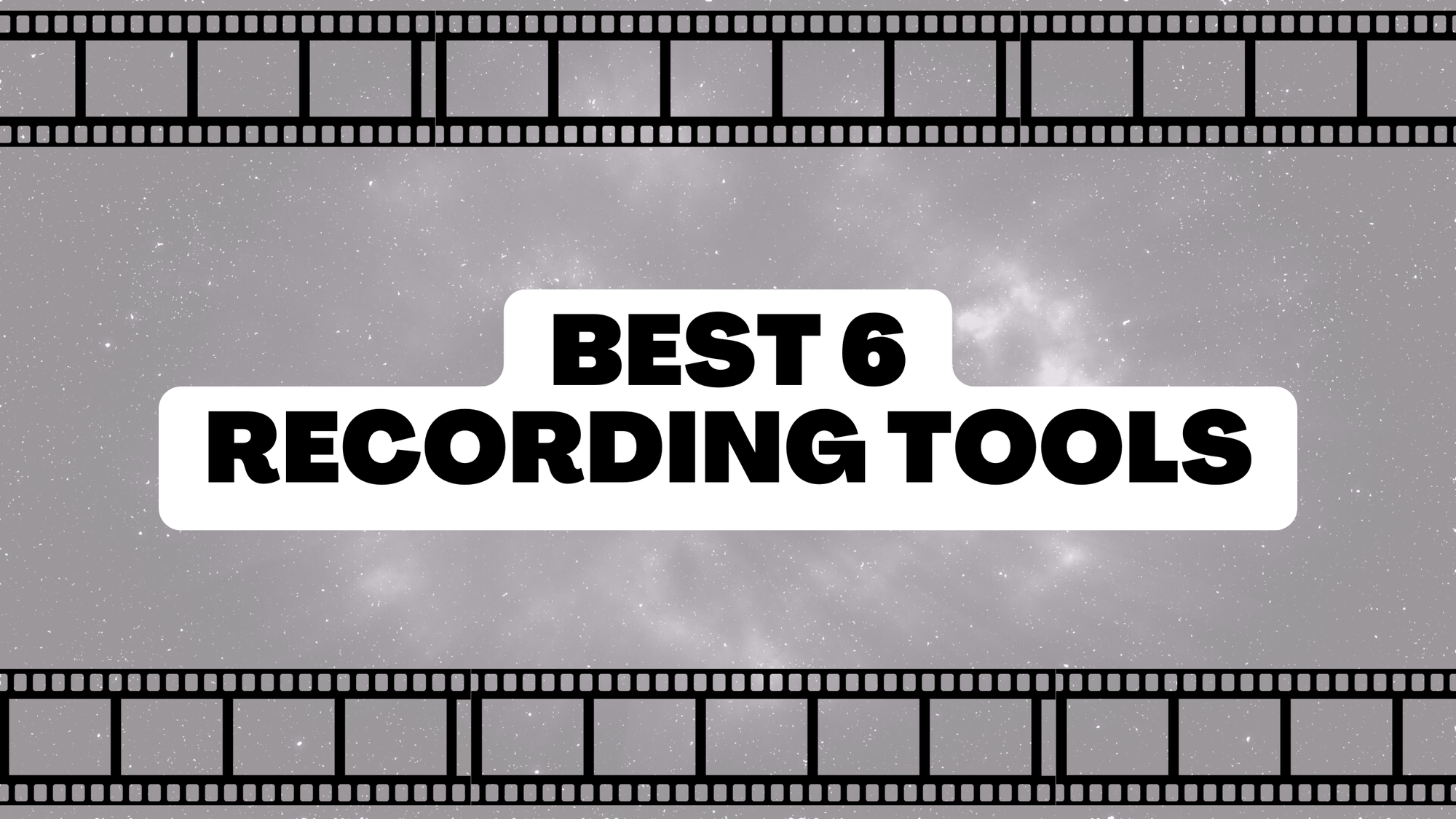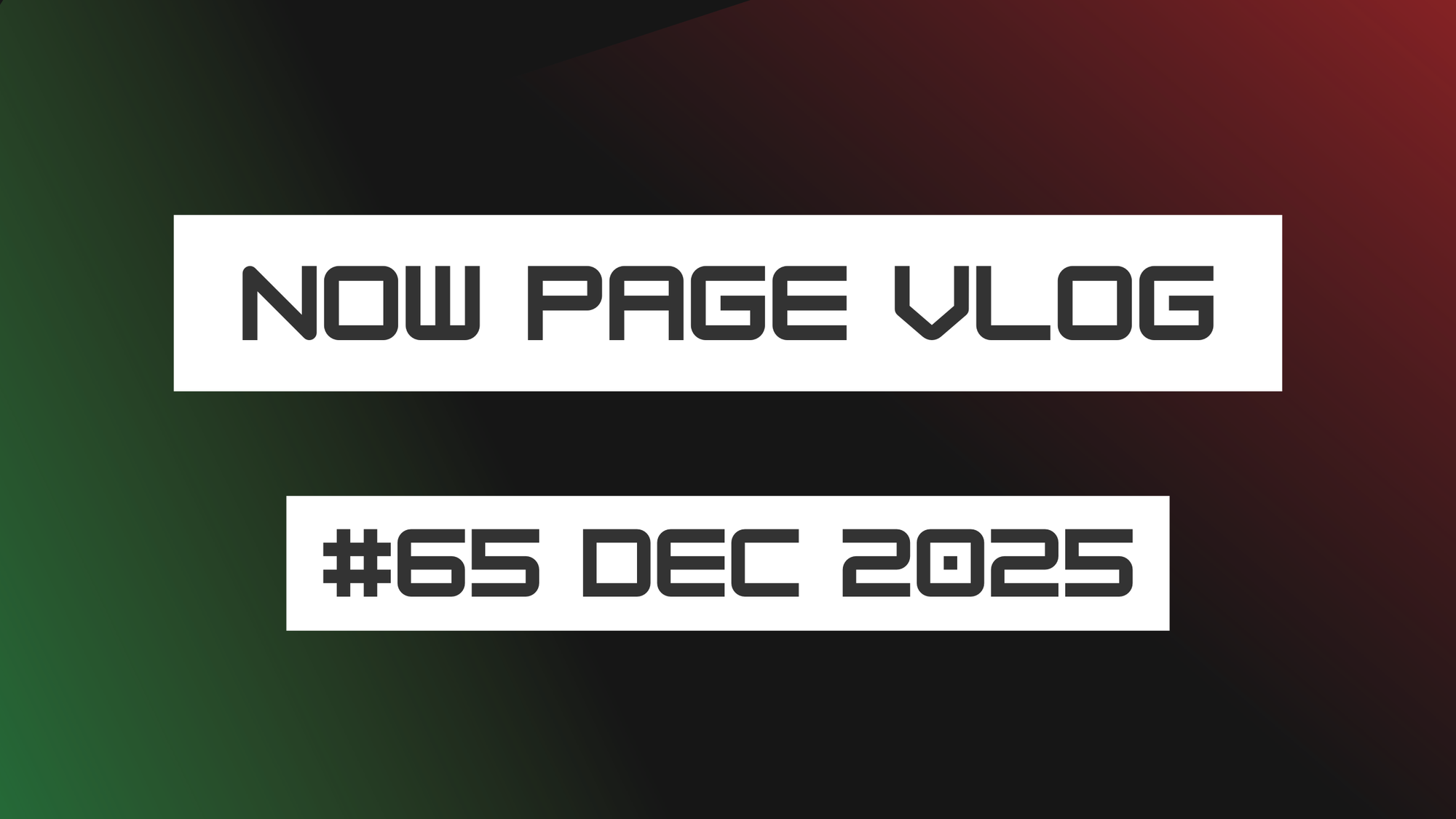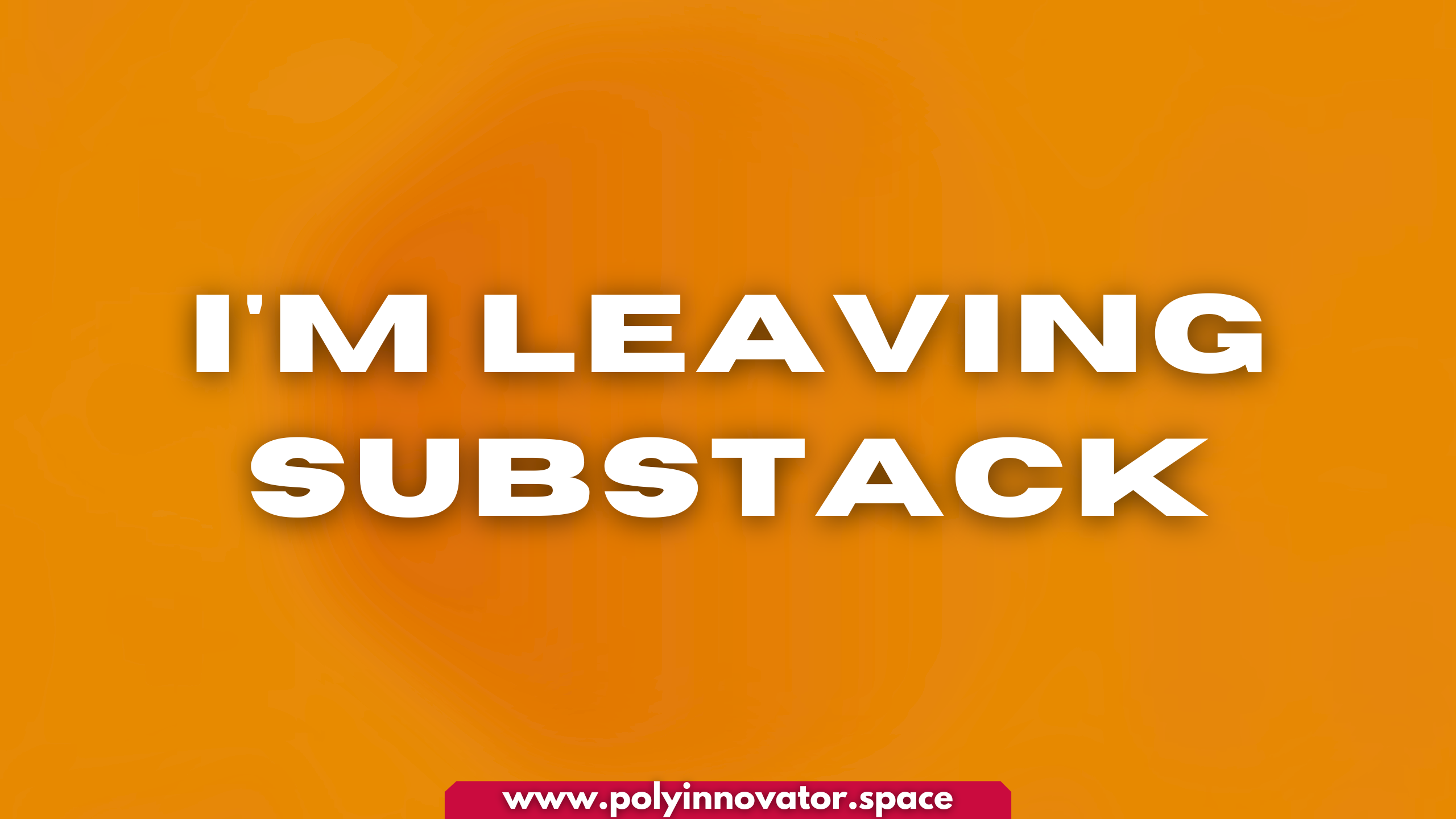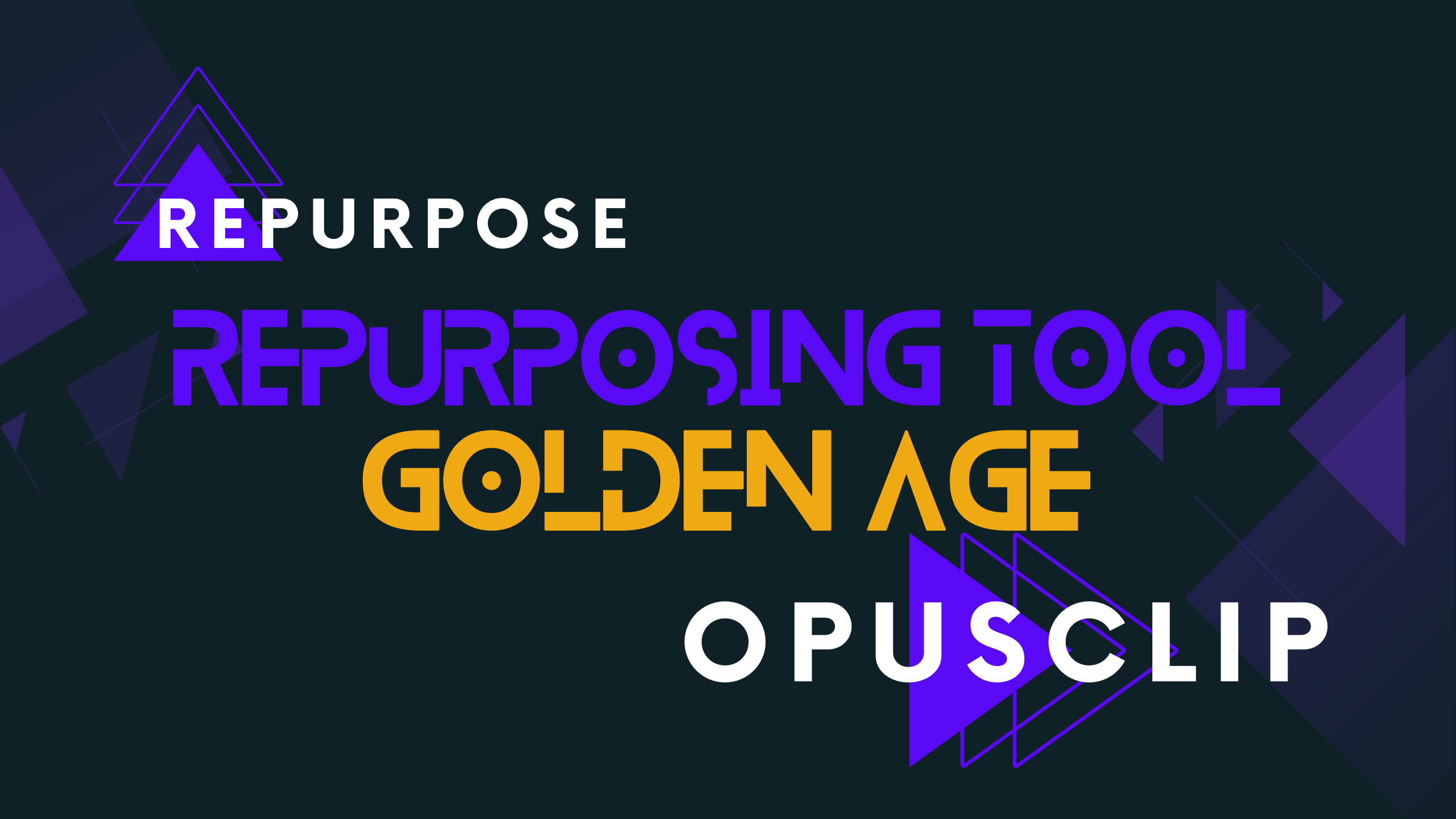I write this as I get ready for work at my new job. This is the first time in my life where I have worked a full-time occupation. I've always worked 2-3 jobs at once to manage my income, keep my interest strong, and balance my time with PolyInnovator LLC.
It is interesting because I believe when I wrote the first version of this I was about to go to my job at MBS. Which was a seasonal role, at a warehouse. My first full time job, and what a big deal that was. It also fits well into this post because how you manage your time, and what you split your attention into is just as important.
I found it really easy to work two jobs, then go home and work until late on my business in the beginning. However over time it became more and more of a "chore", such as creating content consistently, or even just getting the interviews out at a decent time frame.
Content became a job, and it didn't necessarily always hold that same weight on my calendar to myself either. Thus when I was deciding what I should spend my time on, it would get delayed.
This is very on point for the Pareto's Principle too...
The Pareto principle (also known as the 80/20 rule, the law of the vital few and the principle of factor sparsity[1][2]) states that for many outcomes, roughly 80% of consequences come from 20% of causes (the "vital few").[1]
https://en.wikipedia.org/wiki/Pareto_principle
Essentially that 80% of your work produces 20% of the results, and 20% of the work you do will produce 80% of your results. So logically you would want to focus on the more important 20% right?
What you decide to work on will decide your future
I get a bit dramatic a lot in my posts, such as this moment. However it is true, and the time I spent on making content instead of maybe like books or products to sell. That would have made me "farther behind" than where I would have been, if I had just sent those ideas to the cutting room floor if you will.
I still would not have it any other way, and I am constantly on the daily giving myself crap for not doing enough for PolyInnovator. Now that isn't a healthy way to live, so I also balance it out by forgiving myself when I am truly busy with things.
I recently went on my first float trip of my life, as my friends really wanted me to go. It was something to get me to not think about life for a while, and I also spend time too playing video games to relax. It is one of the few things I do for enjoyment. Also it helps with skills like hand/eye coordination, or spatial mapping.
Another point from other me, is that you do need to account for pleasure and fun activities too. Your time can't be spent on solely just work, content, and more work. You WILL burn out that way.
So how can we balance that to decide our future?
I don't like to leave things behind, and I don't really BELIEVE in Opportunity Cost?
Rarely in my years of being a creator have I left ideas on the cutting room floor. Hell all of the ideas I had starting out I still have in the backlog, and I modified them to work with my new style of creating. Such as the OmniContent series. I even released a few over the past month, that were part of my version one plan back in the day.
When I ended the omnicontent series, you would have thought I'd put everything on the cutting room floor and move on. Rather I divided it all up into different content types and series.
Even this post originally was a "social blog", a longer one at that, and it too as a series got "cut". However instead of leaving all those shorter posts, or ideas left over, I instead decided to turn them into full length blog posts.
I think that yes, while I'm spending time on these, instead of writing my other blog post ideas. It doesn't take too much of a detour, and who knows if one of these posts will be the tipping point maybe?
As someone who is polymathic I find it truly hard to leave one thing behind, even just temporarily, so that I can focus more on a more crucial target. I found that Tim Ferriss is a great example of someone who is a modern day polymathic person. He even goes into being a "specialized generalist", and he states the idea of leverage in the point of focus. Finding something that has a higher leverage on your life, which I am paraphrasing of course.
I still think that it all be done "later"
Barring some circumstances that are like oh the person you needed is now gone, or the opportunity physically can't be achieved anymore for whatever reason. I think that in most cases you can do that thing later too.
Maybe at 80% capacity, ironically, but it still CAN happen.
Thus the power of choice comes into play, and you must figure out that when you are making decisions if one is more worth it than the other. To me nothing goes on the "cutting room floor", and the reason why is that everything can be done later on. The two concepts of "opportunity cost" and the "cost sunk fallacy", are things that truly terrify me.
I've been learning the concepts of business literally since my age was in the single digits. Opportunity cost came into my mind really early on, and for those who don't know I'll explain both concepts. O.C. is the situation where you have to choose between two choices, and the opportunity left on the table is then unreachable.
The best example I can think of in this moment is in a Pokemon game. Where there are always fossils you can collect in the game, and in most games you have to choose between two fossils. Most of the time you do not get access to the other one even later on in the game, so whatever choice you make is the only fossil you get to revive in that playthrough. You'd have to buy another game, or start a new file to get the other. Another quick example is the games themselves, they come in pairs (i.e. red and blue), and you choose which game you want to play. Each with their own version exclusives.
In one timeline you might have chosen red, but the other one you chose blue.

Whereas the sunken cost fallacy is something I came across later in life. I may have heard a couple times growing up, but I never paid much mind on it. We think that after spending so much time, or even money, on a certain endeavor that it HAS to pay through.
Sometimes it is OKAY to just give up on something that didn't work out. Although I can't think of too many examples of me doing that. At least not with my content. However one example is that job at MBS I mentioned at the start, after a couple weeks I realized it wasn't for me.
Your choices have consequences, and we need to realize that in the moment. Either through negative visualization (perhaps positive too), and think about if there would be sunk cost if we were to switch later on. Which there presumably would be. You wouldn't want to give up right before the gold mine per se.
Meaning that the outcome will be worth it in the end.
Although in most cases you are not going to be on the path of the goldmine, and by spending so much time on the endeavor that you set your heart to; There are other opportunities you are now giving up because of that original endeavor. Rather going back to the opportunity cost once again.
PolyInnovator as a Business
Now considering money making is part of business inherently, then you would be surprised that I've barely touched any of the endeavors I have planned for generating income.
It wasn't until this year that I formed the LLC, and setup the ground work for each income stream.
I'm still sowing the seeds for those streams of income, but some point you got to just stop and focus on watering one seed at a time.
Some of you who have followed me for a while may not be that surprised actually because I have spent so so much time on creating content. Even this post today is taking away time from other things I could be working on. However I feel that it would resonate with people I am connected with on here. Perhaps at the very least explain my mentality as to why it seems that I am slow to progress to a lot of people.
It is not for a lack of trying, a lack of doing things, or even a lack of discipline. Some people notice this, and I try to myself too, that I often create more content than most creators. I do my damnedest too to make it high quality as well.
I can't fully explain it, but in my gut I've been making mostly the right decision. I think perhaps I could have spent more time on monetizable endeavors in the past, or lightened up on the interviews output.
Creating a layer of consistent content is the key to being successful in the monetary endeavors as well. While the polymath in me makes me less focused at times, it also allows for extreme focus in other times. Some days I get more done than other people do in 1-2 weeks.
I'm rewriting this post within a sprint of writing, so that I can take advantage of this hyper-focus... and caffeine.
Some weeks however I am behind the curve as well. Just like everything in life it is balance. Oftentimes the weeks where I am not CREATING as much, instead I am LEARNING and intaking information. I never cease progressing in some shape or form, always striving for that 1% every day.
However how do we tell what content is doing what? Is 80% of my works useless? I don't think so, as they all are doors leading into my content. Even if 20% is the money maker if you will, the other 80% will help lead people TO that 20% in the end. At least that is what I can hope! #SEO
To the Point at hand of the 80/20 rule
I was literally talking to a swim lesson client the other day about how he was spinning too many plates. It is so crazy to me that I said that to him, it hit me in that very moment, as that was the "specialist" mentality coming out.... of ME. A guy who literally made his personal brand around being a GENERALIST. Crazy right?
Well not really, and here is why.
When you are swimming you can't think of all the things TO SWIMMING at the same time. Your legs might eventually learn the muscle memory, and start to move mostly on their own. Though at some point you'll need to control them again with your mind. Then you have your arms, and breathing to worry about as well.
It is 100x better to simply take each one as a step one at a time.
Being a generalist or polymath doesn't mean you don't focus, in fact it is almost the opposite. I'd argue a generalist focuses at a level more akin to a Hyper-Specialist, as it takes even more personal effort to do it well.
You need to achieve a deeper understanding of yourself, than what sometimes a lower level expert might have to have.
You have to choose what to focus on at a given time. I think it is valuable to think about it in multiple scales too, what to focus on today, this week, this month, quarter, and year even. This is why I created the PolyInnovation Operating System with that scale in mind.
Allowing you to curate your non-linear interests, and be able to manage all of the plates in an effective manner. When I was talking to that aforementioned swim lesson I didn't tell him to stop spinning so many plates, but rather spin them sequentially. If I am not mistaken that is what plate spinning performers do as well. As they are instantly switching between each plate to state check how well they are spinning before moving onto the next plate. That is also why they add them one at a time. By the end they are masterfully spinning 4 or more plates because they added them over time with pure focus.
The 80/20 rule helps polymathic people by getting you to decide which plate is most important to add next. It isn't a matter of opportunity cost per se, as the time delay before the next spinning plate is minuscule. However I guess in some cases it could be at play depending on your interests.
Figuring out what to put your attention to next, then over time adding more to it is key to being a successful generalist.
If you want to keep reading:
If you need to prioritize, organize, and figure out what your top 20% output actually IS. Then I suggest creating your PIOS as soon as possible. Taking the notes I have in my system, have given me the data and understanding to help me prioritize my own life. It can for you too!

Previous Shorter Version:
This was one of my "social articles", an experiment to create medium sized blog posts, akin to newsletters. Across a variety of social blogging networking platforms. Such as Medium, and Linkedin. Since it didn't quite land; I decided to take these posts and remake them into more full length creations.

![Official Website for Dustin Miller PolyInnovator [LLC]](https://polyinnovator.space/content/images/2025/03/polyinnovator-logo-2024.png)

